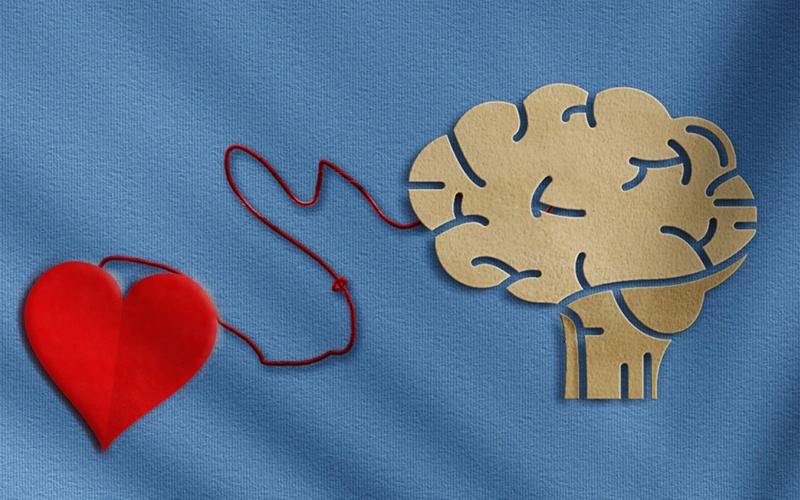Understanding Trust in Others – A Vital Component of Social Life
Introduction to Trust in Others
Trust is a fundamental part of all human interactions. Whether we’re dealing with friends, family, coworkers, or even strangers, our ability to trust others shapes the quality of our relationships and influences our life choices. Some people tend to give their trust easily, believing in the goodness of others, while some may be more cautious, perhaps out of past experiences or inherent skepticism. This scale helps measure where you stand on this spectrum, offering insights into how you approach trust in everyday interactions.
Why Trust Matters in Relationships
Trust builds the foundation for healthy relationships, whether personal or professional. When you trust others, you are more likely to collaborate, share, and build meaningful connections. Without trust, relationships tend to weaken, as fear and doubt take over. Trusting people around you enables you to feel safe, understood, and supported, allowing for deeper connections.
People with a high level of trust in others often enjoy a more positive outlook on life. They believe that most people have good intentions and are willing to act kindly and fairly. This belief, in turn, enhances social bonds and strengthens group cohesion.
The Role of Trust in Society
On a larger scale, trust plays a key role in creating a stable and cooperative society. Societies that rank high in interpersonal trust tend to have lower crime rates, stronger economies, and more cooperative citizens. Trust encourages us to work together for common goals and promotes generosity and empathy.
On the flip side, societies with low levels of trust often face fragmentation and a rise in antisocial behavior. This suggests that trust is not only a personal quality but also a critical societal factor that contributes to social harmony and progress.
Trust and Caution: Striking a Balance
While trust is essential, caution also plays a vital role in ensuring that we aren’t exploited or harmed by others. The Assurance subscale of this test evaluates how cautious you are about trusting people. Some level of caution can be healthy, especially in uncertain or unfamiliar situations. Being too trusting in risky environments can expose you to harm, while extreme caution may lead to isolation or a lack of fulfilling relationships.
Striking a balance between trust and caution is key. This test helps identify how much confidence and assurance you place in others, as well as whether your level of trust serves you well or holds you back in your social life.
How This Test Helps
This Trust in Others scale is designed to provide you with a clearer picture of how you relate to others in terms of trust. Are you more likely to give people the benefit of the doubt, or do you approach new relationships with hesitation? By completing the test, you can learn more about your natural inclinations and consider whether adjustments might benefit your social interactions.
Understanding your trust patterns can also empower you to cultivate stronger and healthier relationships, whether by being more open to others or practicing caution when necessary. The insights you gain from this test will help you navigate social dynamics with greater awareness and confidence.



